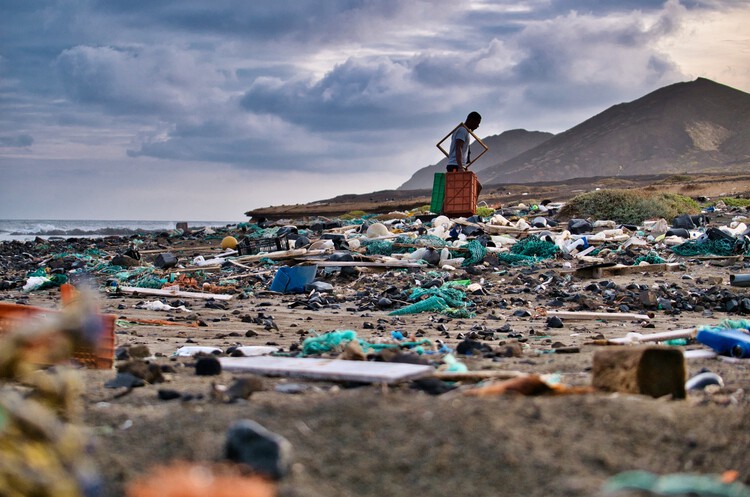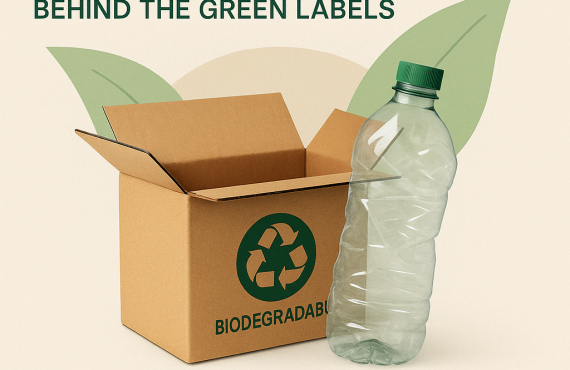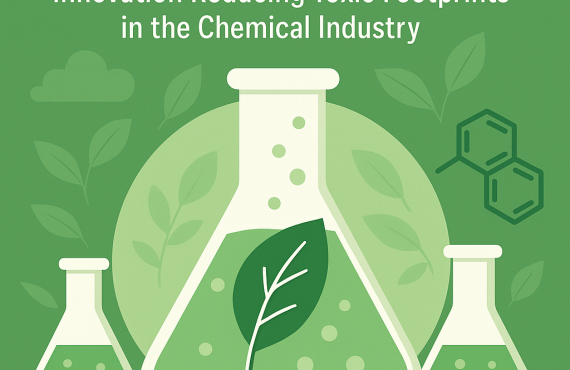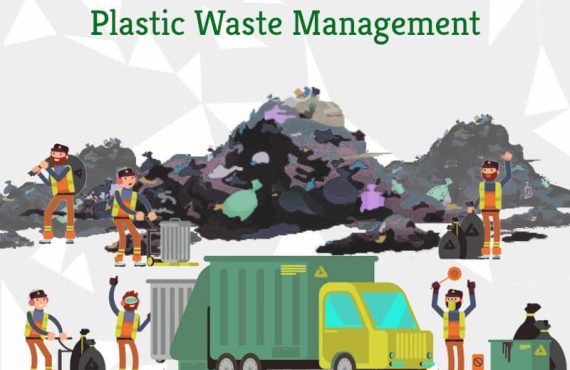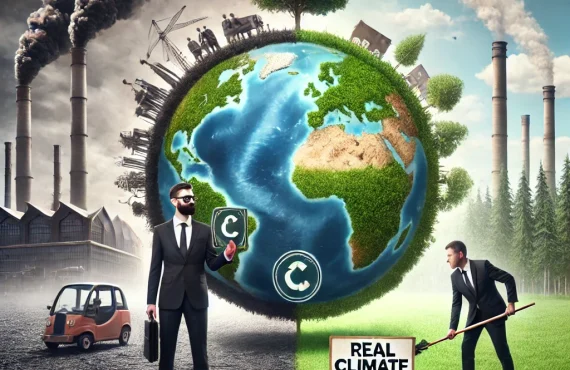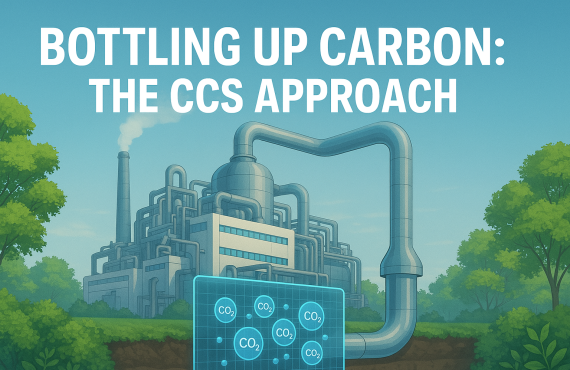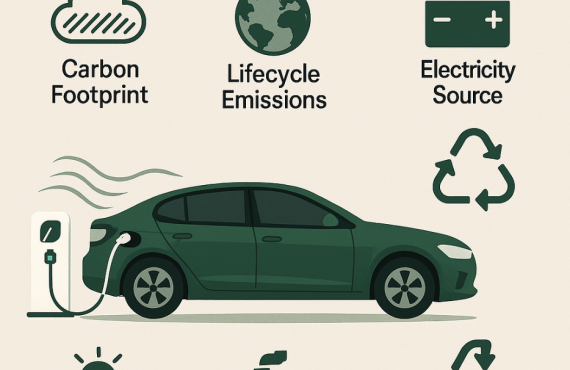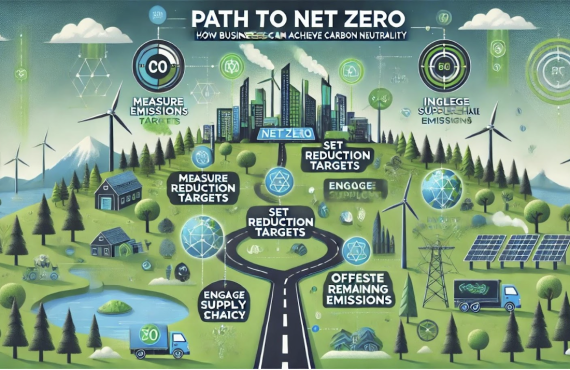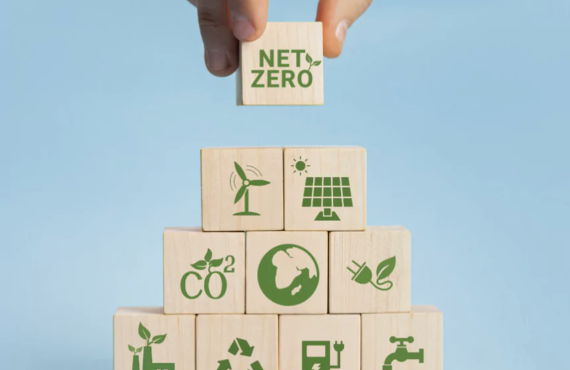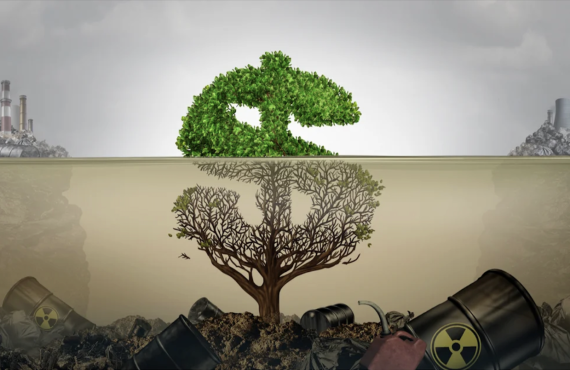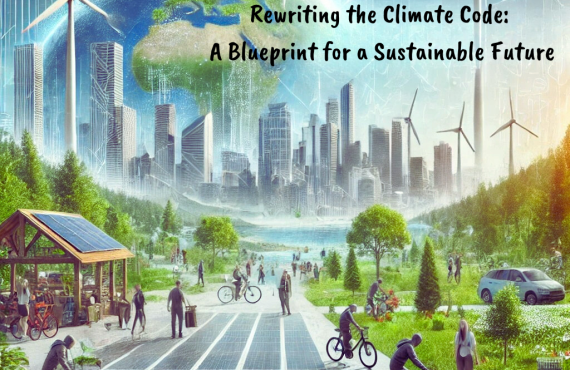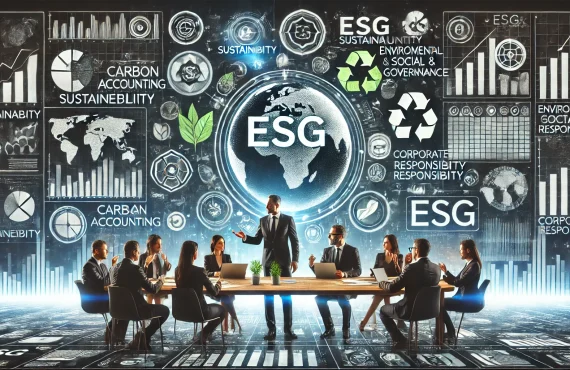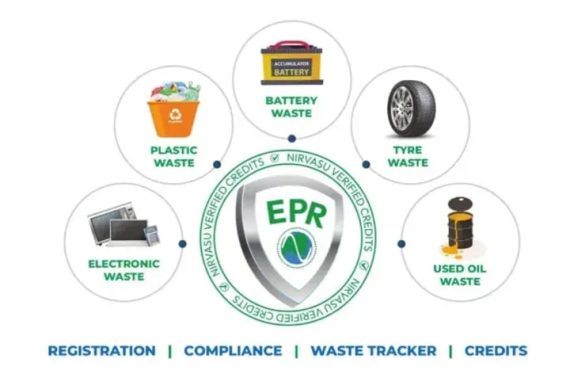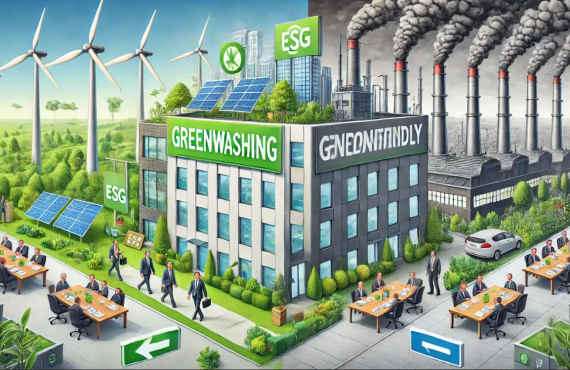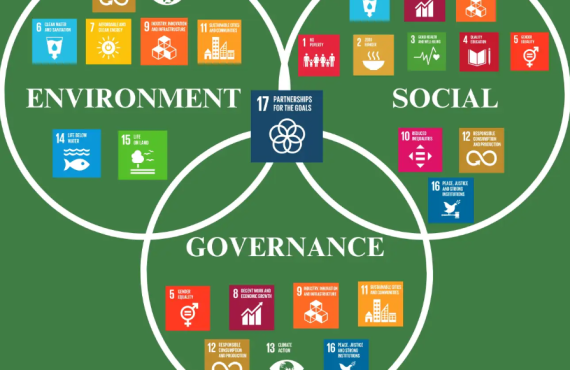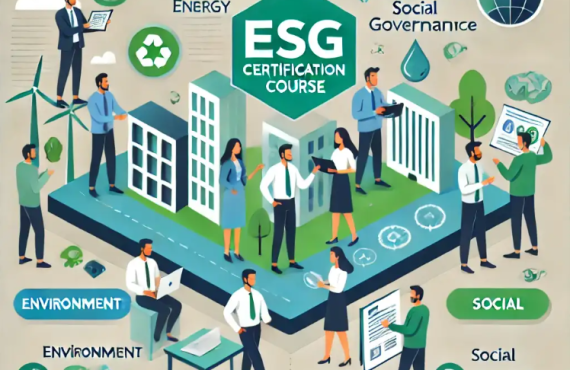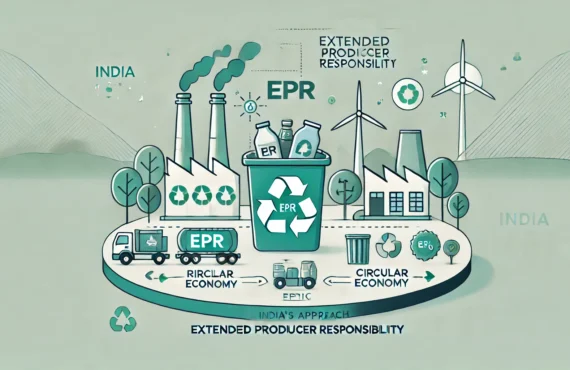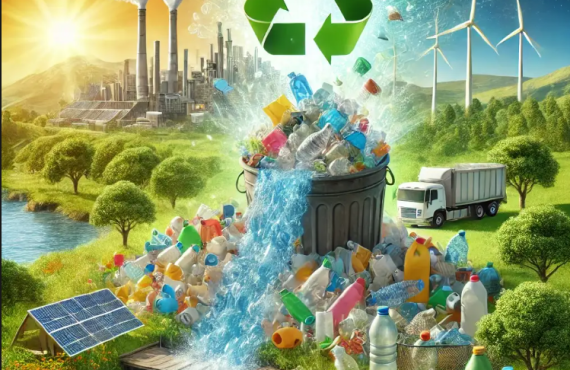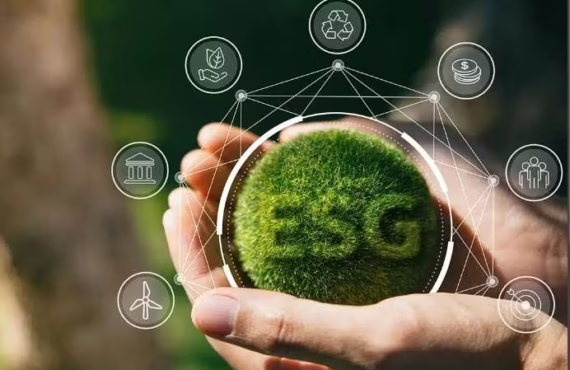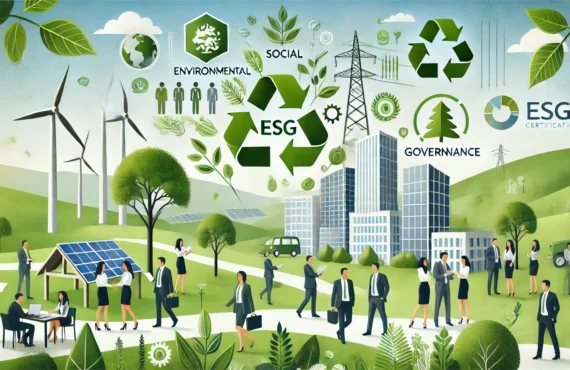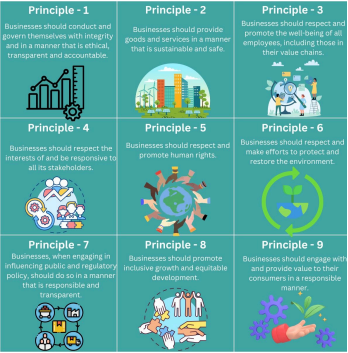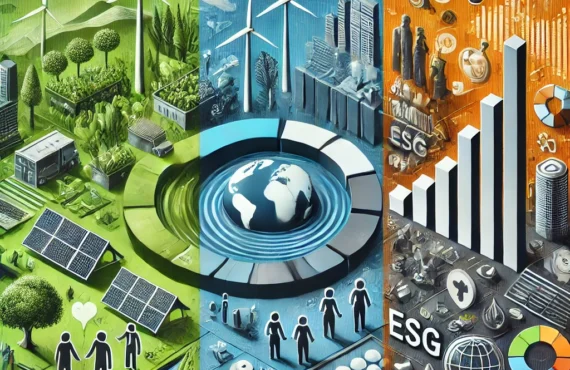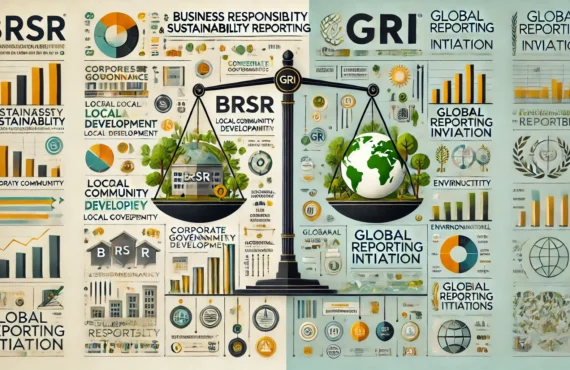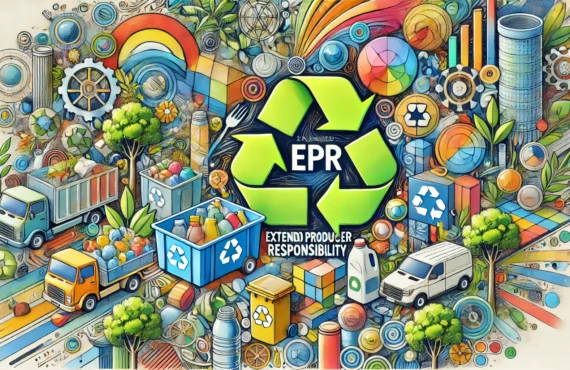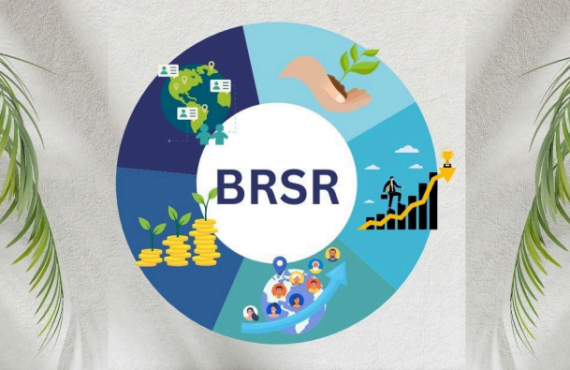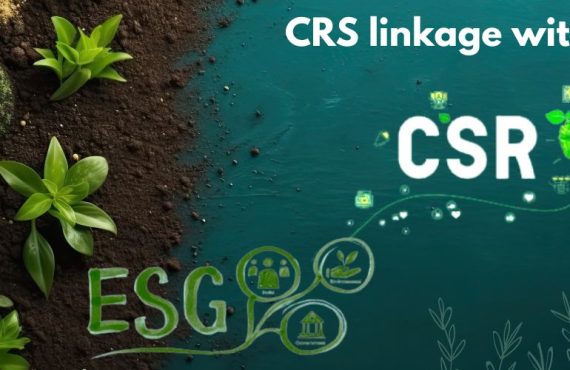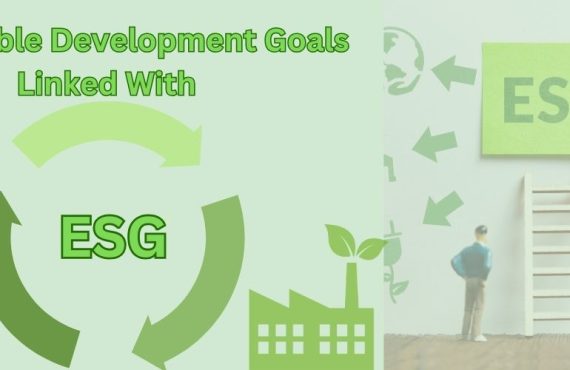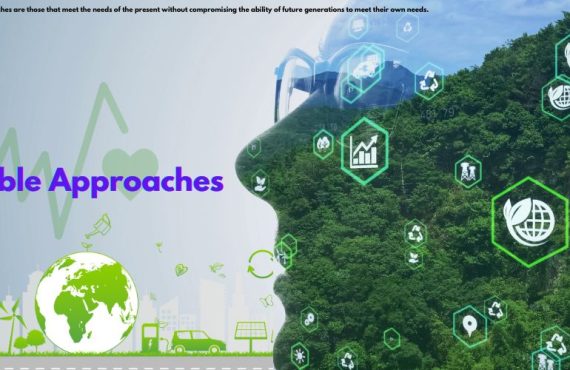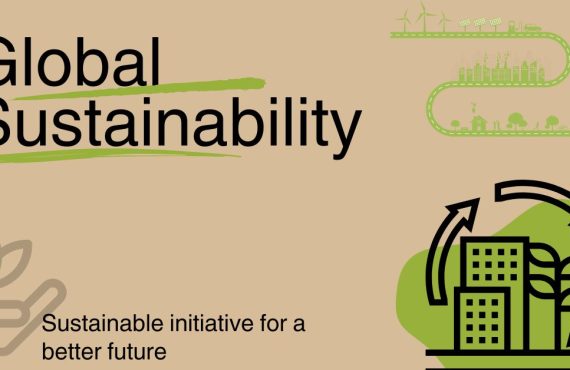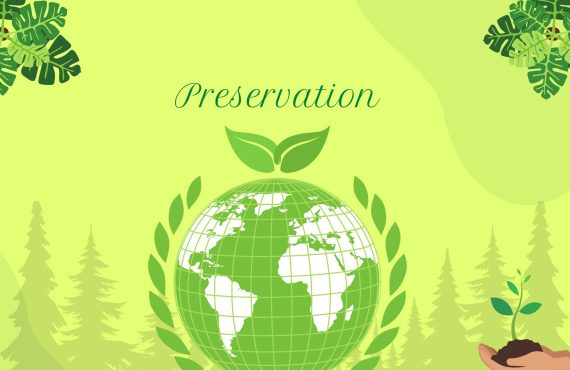
Biodegradable: The Growing Need for Plastic Waste Management
Plastic waste has rapidly increased in recent decades. The convenience and affordability of plastic products are part of the problem. However, plastic’s durability means it can take hundreds of years to decompose. This causes significant harm to ecosystems, especially in oceans. Effective plastic waste management is crucial to prevent further environmental damage.
Circular Economy: A Revolutionary Approach
One key innovation in plastic waste management is the circular economy. Unlike the traditional “take-make-dispose” model, a circular economy keeps plastic products in use for as long as possible. Products are recycled or reused, reducing waste. This system helps create a closed-loop where plastic waste doesn’t end up in landfills or the ocean.
More companies are designing products with recycling in mind. Some use biodegradable or fully recyclable plastics. Advances in chemical recycling also allow plastics to be broken down and reused, which strengthens the circular economy.
To become ESG certified click here:
Advanced Recycling Technologies
Traditional recycling methods don’t address all types of plastic waste, especially mixed or contaminated plastics. However, advanced recycling technologies are changing this. These include:
- Chemical recycling: This process breaks plastic into its chemical components, which can be reused to create new plastics.
- Pyrolysis: A thermal decomposition process that converts plastic waste into valuable materials, like fuel and chemicals.
- Enzyme-based recycling: This innovative technology uses enzymes to break down plastic polymers more efficiently.
These technologies increase the amount of plastic that can be recycled. They also allow for the recycling of plastics that were previously considered non-recyclable.
Biodegradable Plastics and Alternatives
Another solution is the development of biodegradable plastics. These plastics break down much faster than traditional ones. They reduce environmental harm by decomposing quickly in nature. Some biodegradable plastics are made from renewable resources like cornstarch or algae.
In addition, alternatives like edible packaging and mushroom-based materials are being tested. These options not only reduce plastic waste but can be composted or even consumed.
Plastic Waste-to-Energy (WTE) Technologies
While recycling is ideal, plastic waste-to-energy (WTE) technologies are another option. These technologies convert plastic waste into energy, such as heat or electricity. Processes like incineration, gasification, and plasma arc are used. Although WTE is often seen as a last resort, newer technologies are making it cleaner. WTE helps reduce landfill waste while providing energy.
Public Awareness and Community Involvement
Effective plastic waste management also requires public awareness. Educating people about the dangers of plastic pollution can encourage more sustainable behavior. People can reduce single-use plastics and participate in local clean-up efforts. Communities play an essential role in managing plastic waste.
Governments can help by creating policies that encourage plastic reduction. Laws like Extended Producer Responsibility (EPR) hold manufacturers accountable for the lifecycle of their products, including waste disposal.
To know about waste management: EPR Evolution click:


